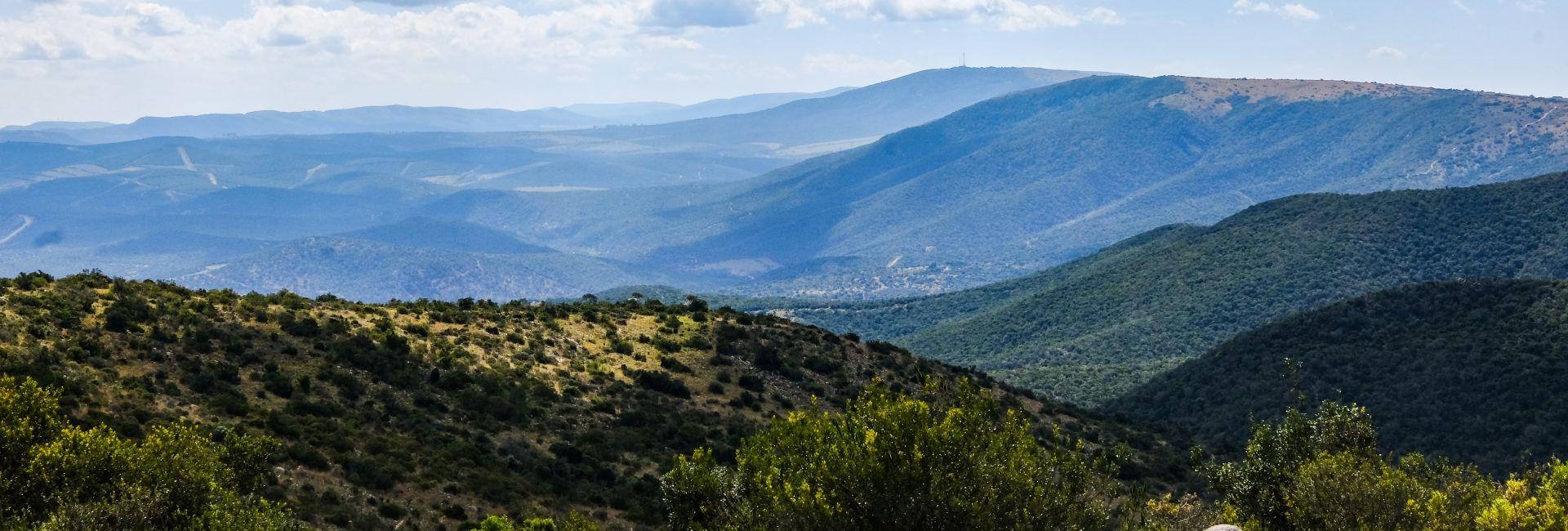A new baby elephant has been born into one of the four herds of African elephants at Shamwari.
Biscuit, the matriarch of her herd gave birth around a week ago, and both mother and baby elephant Berry are doing well!
Charlotte from the in-country team says; “Biscuit’s last two calves prior to Berry have been male, so this is her first female in a while. They are both doing really well and Berry has already shown real character and naughtiness!”

Baby elephants can be quite amusing. When they are first born, their trunks are bigger than they know what to do with. It is said to be like an appendage that they struggle to manage for the first six months to a year. They will often suck on their trunks just like a baby would their thumb.
A baby elephant calf can walk and run almost immediately. Which is handy as they enjoy being playful and investigative with their siblings and other herd members! Berry would have been in her mother’s womb for 18-22 months and she weighed 100kg at birth. She will drink a staggering three gallons of milk a day and will suckle from mum for about four years.
Although, Biscuit won’t mind; mother and baby elephants have the strongest relationship in the animal kingdom and will stay by each other’s side for 16 years. The male calves leave the herd around this time, but females will stay with it indefinitely. It may seem like a long and tiring job for a mother to parent for that number of years, however, elephants adopt a parenting strategy called allomothering. This is where juvenile and adolescent females in the herd (mostly familial) lend a helping hand to raise the little tyke, so Berry will be well looked after!
Biscuit and Berry belong to the B group of elephants at Shamwari, which currently has 26 members, including Berry’s big brothers Borbon and Barney. They have divided their four elephant herds into groups as they need to strictly monitor their activity for specific reasons. They must follow and record their eating habits, (including when and where they choose to dine) reproduction, and birth and death rates, as this is all an essential part of the conservation process.
They also keep a note of family groups within the herd so they will never be separated, as there is sometimes a need for translocation, which involves moving a herd from one area to another. Like humans, the bonds between direct family members in elephants is extremely strong, so it is critical they are kept together.
The need for translocation of the herds arises at Shamwari for three reasons; “there is only a certain number of elephants Shamwari can carry. It is called our carrying capacity.” Explains Charlotte. Therefore, they translocate the elephants to other reserves when they reach their capacity, which fortunately increases the countrywide population. Additionally, elephants can be most destructive to reserve vegetation as they are the largest animal to walk the earth, and this negatively impacts plant life and other species grazing in the area. Therefore, translocating the elephants helps them to manage their numbers, and keep the ecosystem in balance.
Another reason why reserves across Africa track and translocate herds of elephants is to avoid poaching, sickness and injury to the elephants and human-elephant conflict, all of which threaten the already concerning elephant population. However, the people exerting these crucial conservation efforts need more help and they cannot do it alone. If you would like to get involved and visit Berry, check out the project page for The Shamwari Conservation Experience.
















